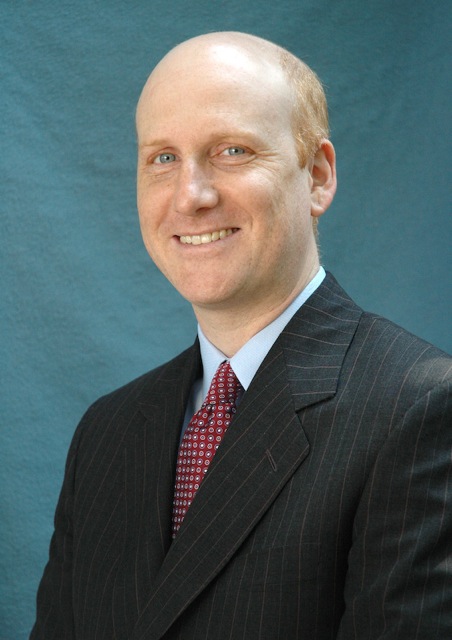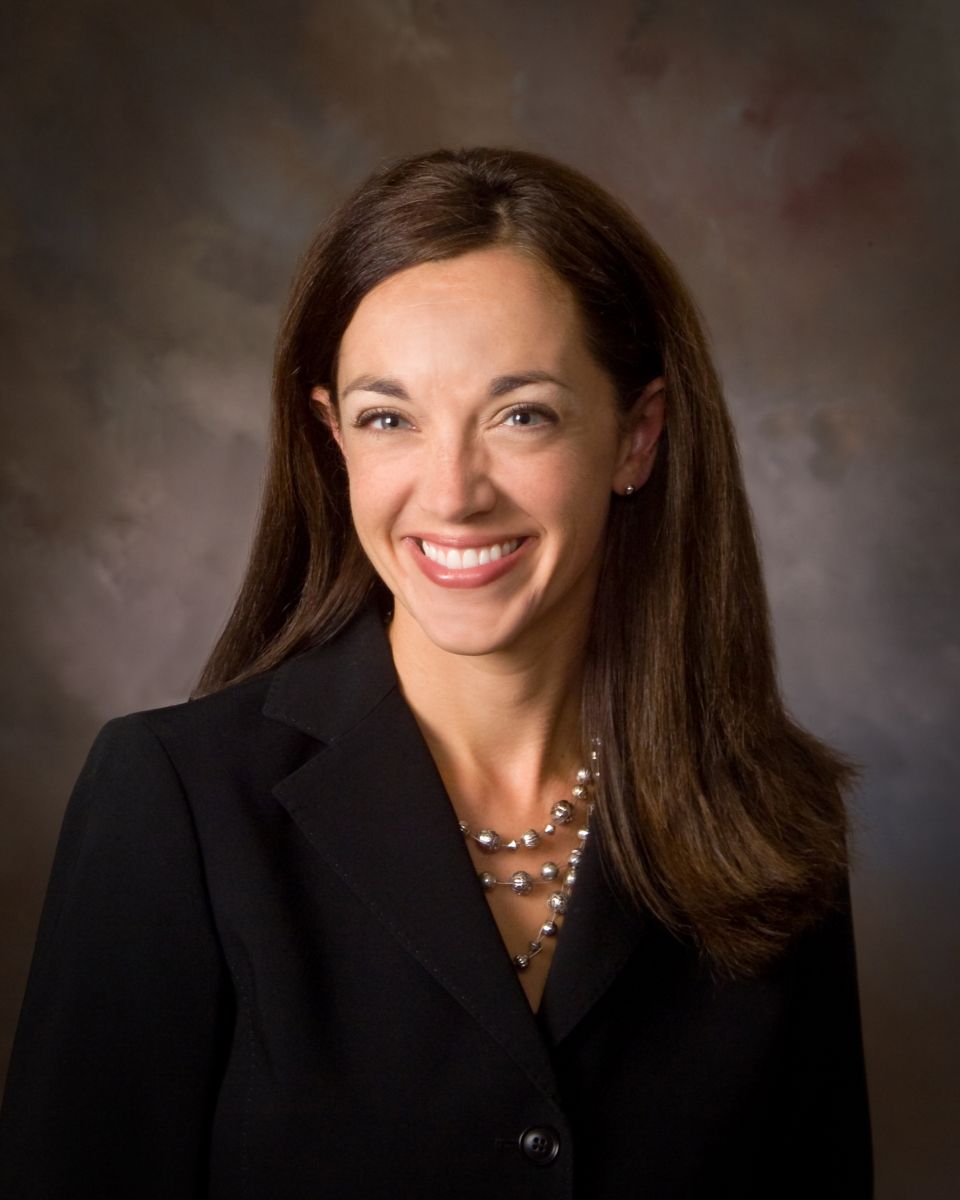This breakout session led by Sarah Gardner of P2 Collaborative of Western New York featured three different projects for their efforts in sustainability. As a framework for the session, Polly Seitz, the National Program Director of Robert Wood Johnson Foundation Local Funding Partnerships, introduced the audience to a number of factors leading to sustainability: evidence of effectiveness, staff commitment, support of grantee organizations, partnership, addressing a pressing need, support of government, and marketing and publicity.
The list elicited a fruitful discussion that touched on strategizing how to approach factors like marketing by strengthening the ability to communicate what you do to others, debating the comprehensiveness of the list, and leading the group to start thinking through other models of sustainability for their organizations, such as the business model discussed by Micky Tripathi, tpresident and CEO of the Massachusetts eHealth Collaborative.
Tripathi provided unswerving guidance, saying, “Don’t worry about sustainability. Worry about value.” When organizations stop thinking about themselves as a project and start thinking about themselves as a business reaching for value, they can become focused on fulfilling the needs of customers who should target their resources to a limited number of projects and consider the many competitors that DO exist, therefore leaving the crucial task of deciding what NOT to do.
The common thread communicated from each project: find your niche and stay true to it. When discussing how she was part of developing a statewide higher education curriculum for Community Health Workers, Joan Cleary, interim executive director of Minnesota Community Health Worker Alliance reminded the group of the big picture when approaching the rewarding work of these organizations, ideas that stay true even when thinking through strategies for sustainability.
One of the most memorable moments from the session came from Reverend Brown of Western New York. He talked about capacity building, the key to engaging consumers in your community, elicited excitement when he told about how his church partnered with P2 to get out messages about health in their community. Wise words from the Reverend on simple messaging to your community: “Put the cookies on the bottom shelf.”

 Micky Tripathi is the president and chief executive officer of the Massachusetts eHealth Collaborative (MAeHC), a nonprofit collaboration of 34 leading Massachusetts organizations.
Micky Tripathi is the president and chief executive officer of the Massachusetts eHealth Collaborative (MAeHC), a nonprofit collaboration of 34 leading Massachusetts organizations.  E. Williams is president of the Health Business Group, where he has extensive experience in strategy and business model development throughout health care and life sciences.
E. Williams is president of the Health Business Group, where he has extensive experience in strategy and business model development throughout health care and life sciences. 



